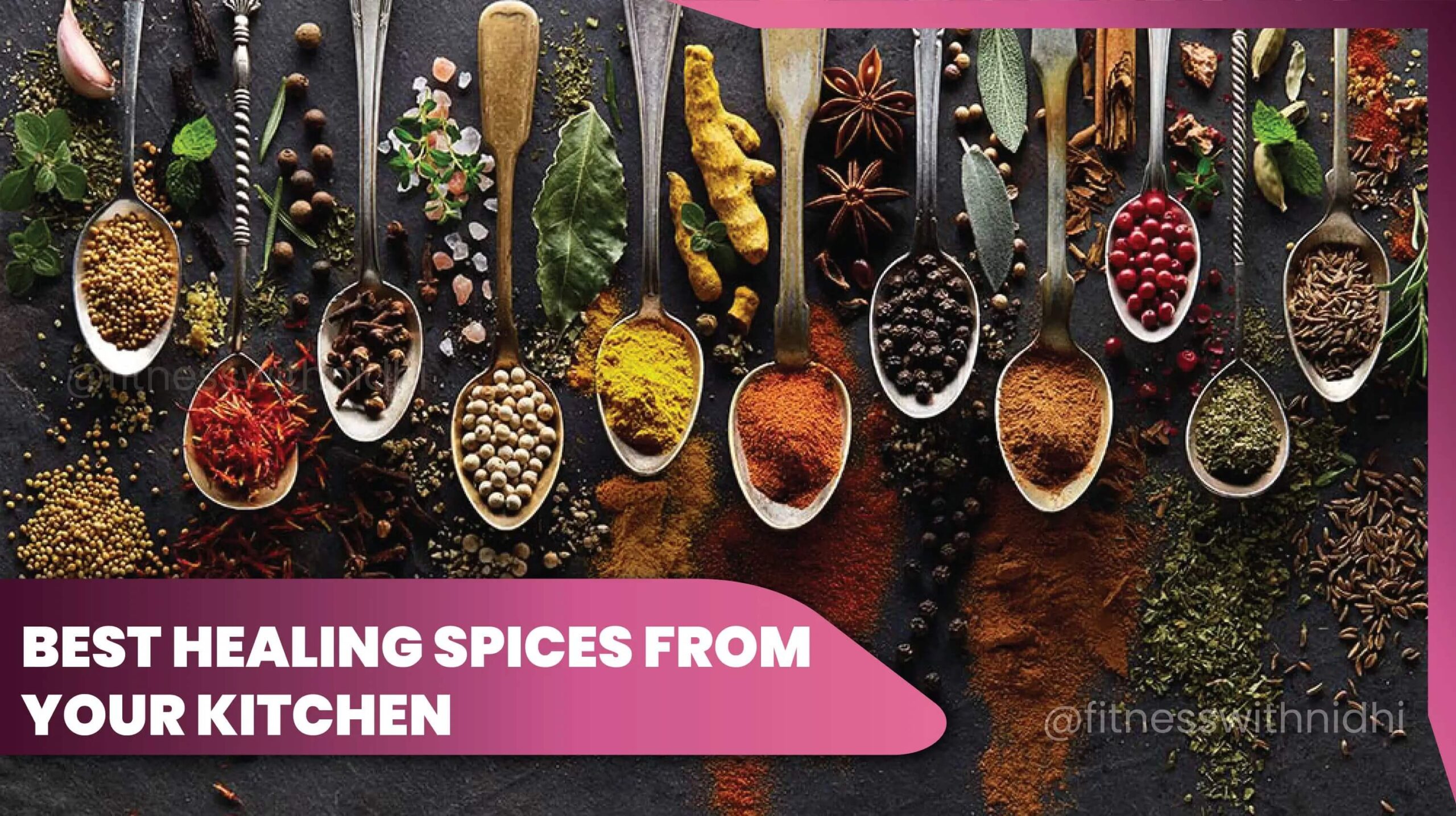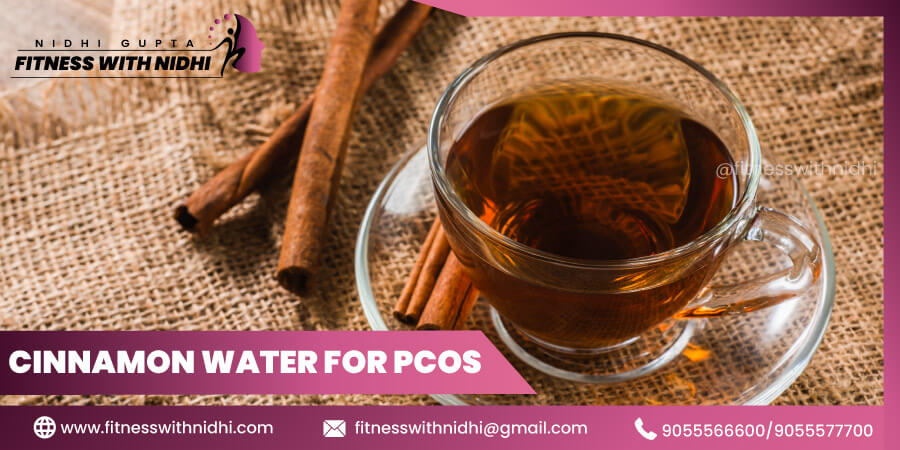Spice up your life (and your health!)! Have you ever reached for a spice not just for its flavor but also for its potential health benefits?
Those little jars in your kitchen cabinet hold more than just culinary magic. Many common spices boast impressive medicinal properties.
Intrigued? Join us on a journey of discovery as we explore 10 healing spices hiding in plain sight on your shelves!
Best of the healthiest spices from around the world.
1. Alkanet/Ratanjot
Alkanet root, or Ratanjot, has cooling effects and medicinal uses. It is common in Rogan Josh, Rajma Curry, and Shahi Paneer dishes.
- Skin Benefits: Heals burn scars and prevents skin infections and inflammation.
- Health Benefits: Promotes immune and cardiovascular health.
- Sleep Aid: The essential oil derived from its roots helps treat insomnia and sleep disorders.
- Fever Relief: Encourages sweating, which can lower body temperature during a fever.
- Hair Care: This can be used as a natural hair coloring agent, nourishing your hair from the roots.
2. Asafoetida/Heeng
Asafoetida, or Heeng, is traditionally used to treat diseases such as whooping cough, asthma, ulcers, epilepsy, stomach aches, flatulence, bronchitis, and intestinal parasites. It has antispasmodic properties and helps with weak digestion and influenza.
Asafoetida increases salivary secretion and salivary amylase activity, playing a role in the digestion of dietary lipids by stimulating bile flow and enhancing bile acid secretion. It also enhances the activities of digestive enzymes in the pancreas and small intestine. Additionally, it cures low acid levels in the stomach, flatulence, and loose stools.
For women, it is an effective treatment for unwanted abortion, demanding and excessive menstruation, and leucorrhoea.
3. Bay Leaf/Tejpatta
Researchers need to determine how much bay leaf is consumed to gain health benefits. Still, bay leaves are full of antioxidants and are a good source of minerals and dietary fiber. Bay leaves treat stomachaches, clear mucus in the lungs, and clear colds and sore throats.
Traditionally, bay leaves have been used as a diuretic to treat gastrointestinal problems such as impaired digestion, flatulence, eructation, and epigastric bloating. They also have many analgesic effects.
4. Black Cardamom (Badi Elaichi)
Black cardamom is used to soothe digestion problems and may also help treat respiratory issues such as asthma or spasms. Its anti-inflammatory properties can reduce muscle spasms.
5. Choti Elaichi / Green Cardamom
Green cardamom lowers hypertension due to its antioxidant and diuretic properties. It may also possess cancer-fighting properties. Its antioxidant compounds help protect cells from damage and may reduce inflammation in your body. Studies have shown that it can reduce the number and size of stomach ulcers in rats. Additionally, it can kill some common mouth bacteria, preventing cavities.
Confuse About Your Ideal Daily Calorie Intake? Use Our Calorie Calculator to Calculate Your Optimal Calories & Avoid Overeating!
6. Caraway Seeds
Some studies show caraway oil can kill bacteria like S. aureus and E. coli. This is because of its key ingredients: limonene, beta-selinene, beta-elements, and caryophyllene oxide. Caraway oil can also help reduce stress caused by diabetes. In traditional medicine, it was used in weight loss medicines.
According to clinical studies, caraway oil can help treat indigestion when mixed with peppermint oil or menthol. Applied to the belly, it can relieve IBS symptoms. However, it should not be used directly on children under 18. It can help babies with colic and gas, but always check with a doctor first.
7. Carom Seeds (Ajwain)
Traditionally, carom seeds have been used for various health benefits, including relief from bloating, fatigue, diarrhea, stomach pain, breathing problems, and loss of appetite. They also fight fungi, reduce oxidation, kill bacteria, fight parasites, and lower cholesterol levels.
8. Cinnamon/Dalchini
Cinnamon contains essential oils like cinnamaldehyde, cinnamic acid, and cinnamate. It is known for its antioxidant, anti-inflammatory, anti-diabetic, anti-microbial, and anti-cancer properties. Cinnamon can also help lower cholesterol and reduce the risk of heart disease. Additionally, it has been reported to have benefits for neurological disorders like Parkinson’s disease and Alzheimer’s disease.
9. Coriander Seeds
Coriander seeds are rich in vitamin K, important for blood clotting and bone repair, preventing conditions like osteoporosis. They also help reduce the risk of heart disease.
10. Fenugreek Seeds / Methi Dana
Fenugreek seeds contain antioxidants like choline, inositol, biotin, vitamin A, B vitamins, vitamin D, soluble and insoluble fiber, and iron, which are beneficial for health. They prevent constipation, loss of appetite, and gastritis. Fenugreek also stimulates breast milk production, prevents diabetes, eases painful menstruation, alleviates menopause symptoms, relieves arthritis pain, lowers high blood pressure, and helps manage obesity.
Also read : The Magic of Garam Masala: A Spice Blend that Warms Heart and Palates
Conclusion
There is a healing spice for every disease, and many are readily available in our kitchens. The masalas we use in our daily cooking add flavor and impart their healing properties to our food, making us the masters of our health.





